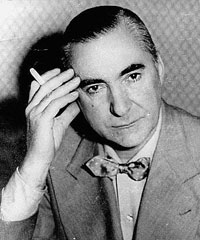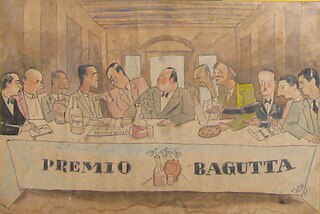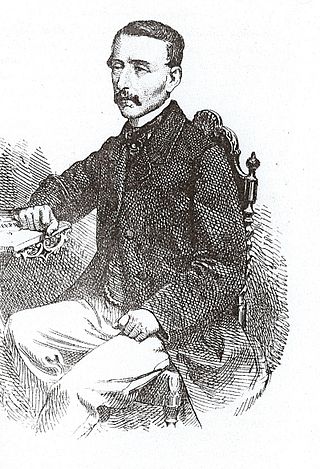Selected bibliography
- Breton, Mursia, 1977.
- Parigi 1789, Sellerio, 1989. (title translation: Paris 1789)
- Il tè a Port-Royal, Sellerio 1995. (title translation: Tea at Port-Royal)
- Fughe dal re Sole, Sellerio, 1996. (title translation: Escape from the Sun King)
- Scritti galeotti, Erirai, 2000. (title translation: Papers from prison)
- Entre nous, Sellerio, 2002. (title translation: Between us)
- Mestieri di scrittori, Sellerio, 2007. (title translation: Jobs of writers)
Galateria edited the Italian translation of 29 works by foreign authors:
- Marcel Proust, Ritorno a Guermantes, Studio Tesi, 1988
- Ortensia Mancini, I piaceri della stupidità, Sellerio, 19987.
- Principessa Palatina, Lettere, Sellerio, 1988.
- Madame de Caylus, Souvenirs, Sellerio, 1988.
- Madame de Duras, Il segreto, Sellerio, 1989.
- Ninon de Lenclos, Lettere sulla vecchiaia, Sellerio, 1991.
- Roger de Bussy-Rabutin, Storia amorosa delle Gallie, Sellerio, 1992.
- Buffon, Discorso sullo stile, Studio Tesi, 1994.
- Sarah Bernhardt, Gita in pallone, Jouvence, 1995.
- Nicolas de la Bretonne, Lettere di una scimmia, Sellerio, 1995.
- Madame de Staal-Delaunay, Memorie, Adelphi, 1995.
- Jean Giono, Una pazza felicità, Guanda 1996.
- Paul Morand, Il Sole offuscato, Fouquet e Luigi XIV, Corbaccio1996.
- Vivant Denon (not certain), La notte meravigliosa, ES, 1996.
- Louise de Vilmorin, Madame de V*** vede solo nero, ES, 1997.
- Mathilde Mauté, Moglie di Verlaine, Sellerio, 1998.
- Grace Dalrymple Elliott, La nobildonna e il duca, Fazi, 2001.
- Denis Diderot, Mystification, Archinto, 2001.
- Charles Perrault, Fiabe, Marsilio, 2002.
- Françoise Sagan, La guardia del cuore, Sellerio, 2003.
- Raymond Radiguet, Il ballo del conte d’Orgel, Sellerio, 2004.
- Madame de Charrière, Lettres écrites de Lausanne, Sellerio, 2005.
- Béatrix Saule, La giornata di Luigi XIV, Sellerio, 2006.
- Madame de Charriere, Tre donne, Dadò, 2008.
- Laure de Surville Balzac, Balzac mio fratello, Sellerio, 2008.
- Anatole France, Il procuratore della Giude, Sellerio, 2008.
- Jacques Chessex, Il vampiro di Ropraz, Fazi, 2009.
- Stéphane Audeguy, Mio fratello Rousseau, Fazi, 2010.
- Allen S. Weiss, Baudelaire cerca gloria, Sellerio, 2010.









